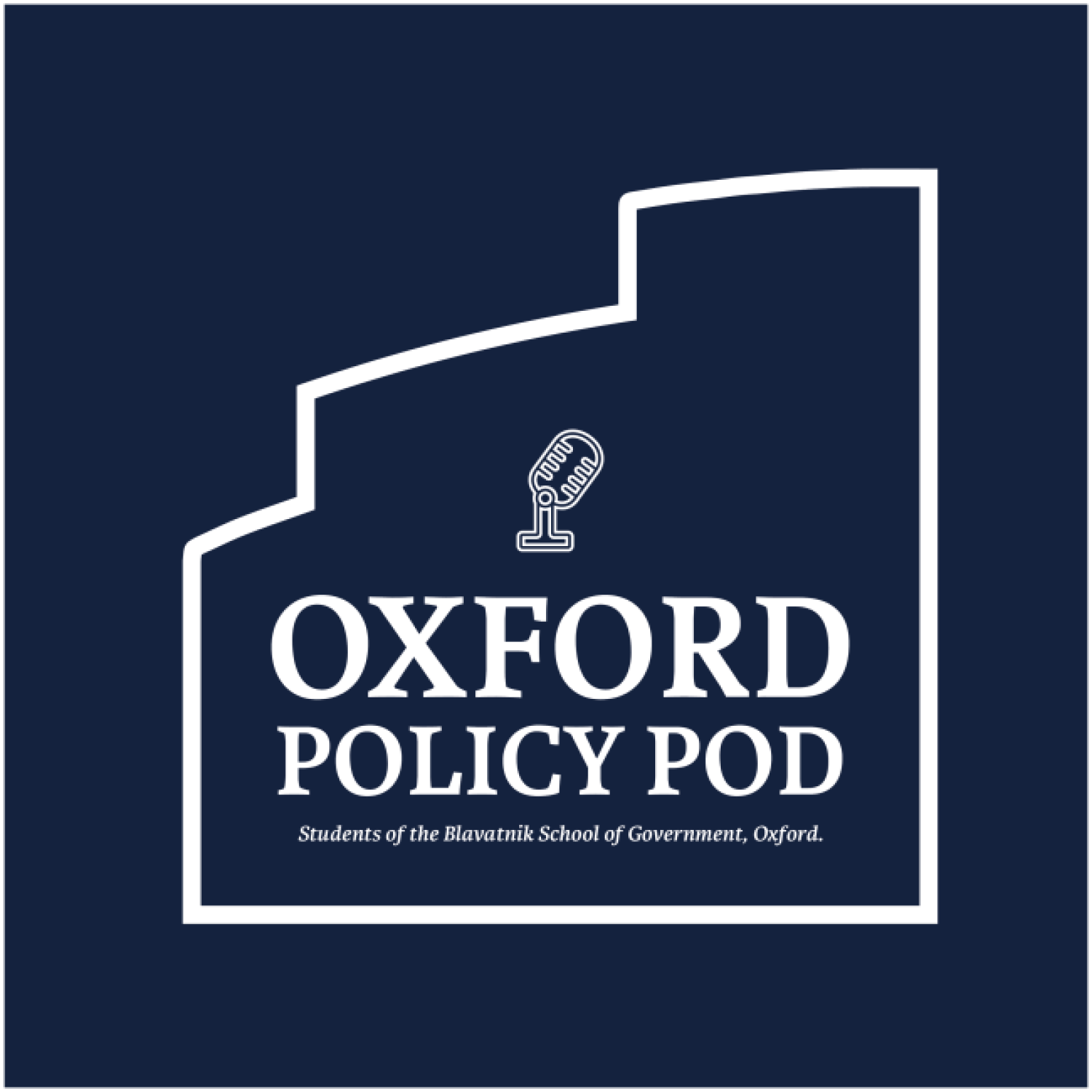- Government
- SEE MORE
- classical
- general
- talk
- News
- Family
- Bürgerfunk
- pop
- Islam
- soul
- jazz
- Comedy
- humor
- wissenschaft
- opera
- baroque
- gesellschaft
- theater
- Local
- alternative
- electro
- rock
- rap
- lifestyle
- Music
- como
- RNE
- ballads
- greek
- Buddhism
- deportes
- christian
- Technology
- piano
- djs
- Dance
- dutch
- flamenco
- social
- hope
- christian rock
- academia
- afrique
- Business
- musique
- ελληνική-μουσική
- religion
- World radio
- Zarzuela
- travel
- World
- NFL
- media
- Art
- public
- Sports
- Gospel
- st.
- baptist
- Leisure
- Kids & Family
- musical
- club
- Culture
- Health & Fitness
- True Crime
- Fiction
- children
- Society & Culture
- TV & Film
- gold
- kunst
- música
- gay
- Natural
- a
- francais
- bach
- economics
- kultur
- evangelical
- tech
- Opinion
- gaming
- College
- technik
- History
- Jesus
- Health
- movies
- radio
- services
- Church
- podcast
- Education
- international
- Transportation
- Other
- kids
- podcasts
- philadelphia
- Noticias
- love
- sport
- Salud
- film
- and
- 4chan
- Disco
- Stories
- fashion
- Arts
- interviews
- hardstyle
- entertainment
- humour
- medieval
- literature
- alma
- Cultura
- video
- TV
- Science
- en
How China Exercises Soft Power

b'
The recent 20th National Congress of the Chinese Communist Party revealed Xi Jinping\\u2019s intention to present to the world an image of a \\u201ccredible, loveable, and respectable China.\\u201d The pursuit of soft power is inseparable from other government initiatives \\u2013 China spends an estimated $10 billion on initiatives aimed at enhancing its soft power around the globe. Yet, public opinion polling from Pew Research shows that China is viewed unfavorably in many advanced economies. This data raises the question of whether China\\u2019s investments in soft power tools are fruitful.
Does China\\u2019s image fare any better in developing countries? Beijing has the world\\u2019s largest diplomatic network and has made relationship building with developing countries a cornerstone of its foreign policy. Cultural exchange programs for foreign students from developing economies is an example of its effort to bolster its image as an educational powerhouse and \\u201cchampion of the developing world.\\u201d Economic power is typically not considered soft power, but China also blurred the lines between these categories of influence. The sheer size of its market and its influence as a potential trading partner and benefactor augment its attractiveness across the globe.
Our host Elsa Katz is joined in this episode by three distinguished experts who provide insights on China\\u2019s soft power through the lens of business, media, and creative industries.
o Mr. Andrew Cainey \\u2013 Founding Director, the UK National Committee on China and Senior Fellow, Royal United Services Institute; former Greater China Director at Booz & Company.
o Ms. Zili Wang \\u2013 Editor and Reporter at International desk of Caixin Media, Caixin Media Fellow at Oxford\\u2019s Blavatnik School of Government.
o Dr. Huiman Chan \\u2013 Founder, UK-China Film Collab and Lecturer in Creative & Cultural Industries, De Montfort University.
While their perspectives converge on some of the ways China defines its soft power as a two-way street and exercises it via cultural products, they however diverge regarding the suggested methods to advance its global influence. Some propose a bottom-up approach, others a top-down one. Whether the success of soft power is hindered by censorship or by information asymmetry is another thorny issue our experts will cover. From a holistic and nuanced perspective, listeners can grasp the highly complex nature of \\u201csoft power with Chinese characteristics\\u201d and the global changes of the past three decades since Joseph Nye first coined the term \\u201csoft power.\\u201d
This episode is hosted by Elsa Katz and produced and supported by Read Leask. To keep up with our latest episodes, follow us on Twitter @oxfordpolicypod and on Instagram @oxfordpolicypod_.
'